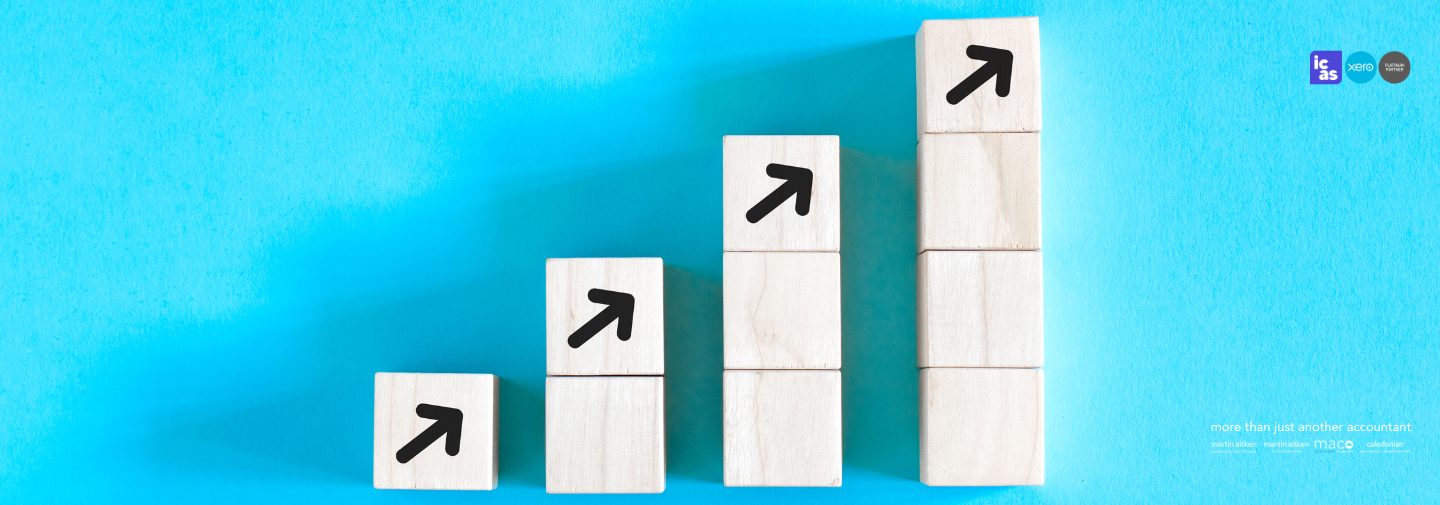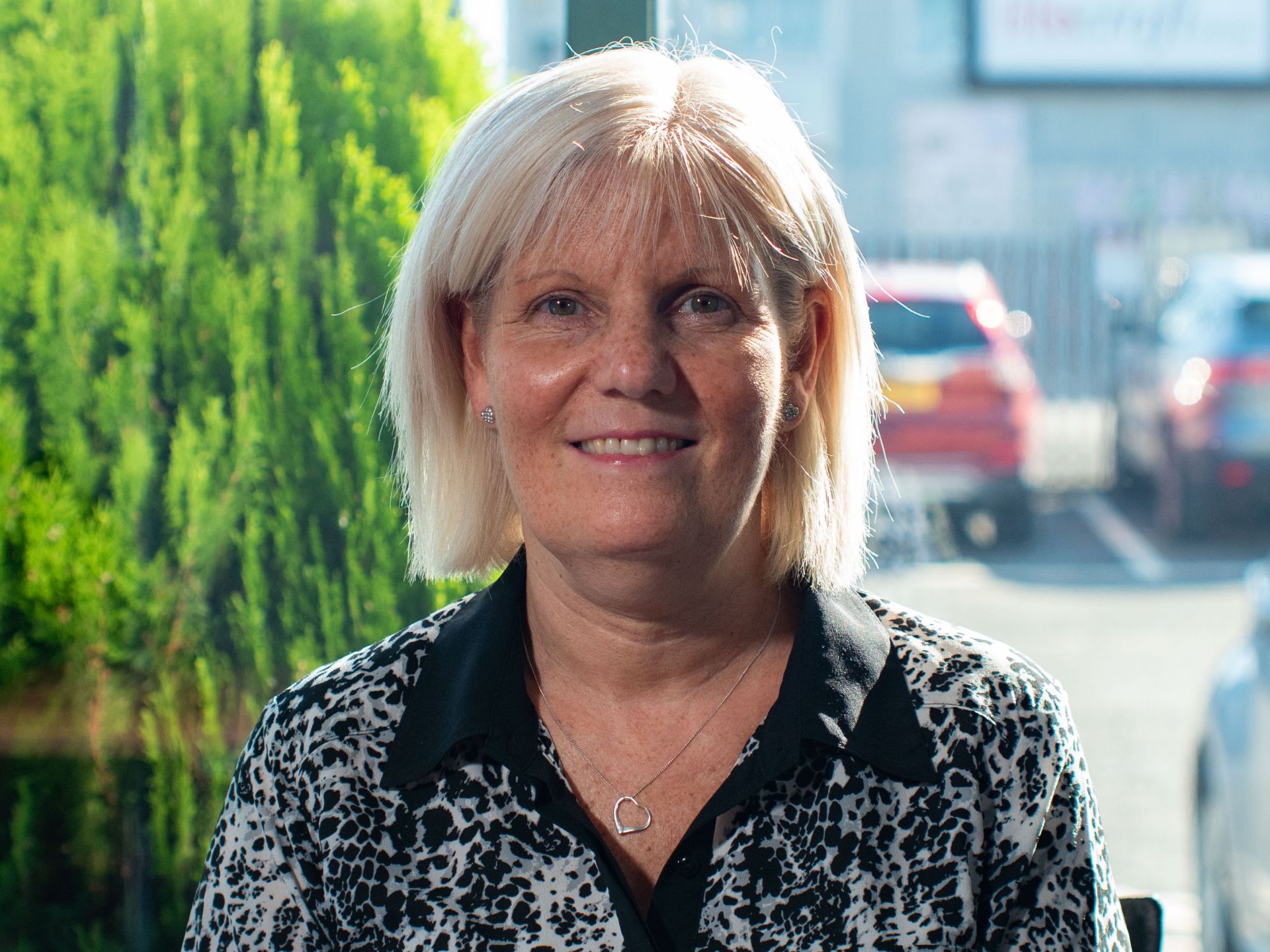With tax bands and other thresholds frozen, taxpayers should be aware of the implications of their income increasing. Increased income can mean more than facing a higher tax bill.
Higher-rate taxpayers need to look at which allowances, reliefs or benefits are no longer claimable and those which are now worth claiming.
Lost reliefs
Marriage allowance – is unavailable once the recipient spouse/civil partner becomes a higher-rate taxpayer. The person who made the claim (the lower-income spouse/civil partner) should now cancel it on their Government Gateway. However, one way to retain the allowance is for the recipient to make sufficient pension contributions so that their net income remains within the £50,270 basic threshold.
Child benefit – this starts to be clawed back once income hits £50,000 and is completely lost if income reaches £60,000. Within this band, each of the £1,000 of extra income represents a 10% loss of child benefit. The clawback is by way of a tax charge, with details declared on a self-assessment tax return. Again, pension contributions can reduce the level of income.
Childcare – if income exceeds a £100,000 threshold, tax-free childcare will no longer be available. Full free-hour entitlement will also cease. Both must therefore be cancelled, with the tax-free childcare entitlement amended on the claimant’s Government Gateway. Pension contributions can, once again, help to remain below the threshold.
Using pension contributions
Pension contributions are more attractive once relief is at a higher rate. Contributions make even more sense if entitlement to marriage allowance, child benefit or childcare is preserved Given that the personal allowance starts to be tapered away at the same point that tax-free childcare is lost, the overall cost of pension contributions where income just exceeds £100,000 can be negligible.
Tax trap
Aside from the increased tax rate when income crosses a threshold, the savings allowance is cut in half to £500 for higher-rate taxpayers. This is lost altogether once income reaches £125,140. Tax on savings can therefore increase despite the amount of savings income not changing. Investing in Individual Savings Accounts (ISAs) can mitigate the problem, as can pension contributions particularly if income is above the £50,270 threshold.
There are different childcare schemes in Scotland, Wales and Northern Ireland, and Scottish tax rates and thresholds differ.
For more information, contact our tax or financial services team.

